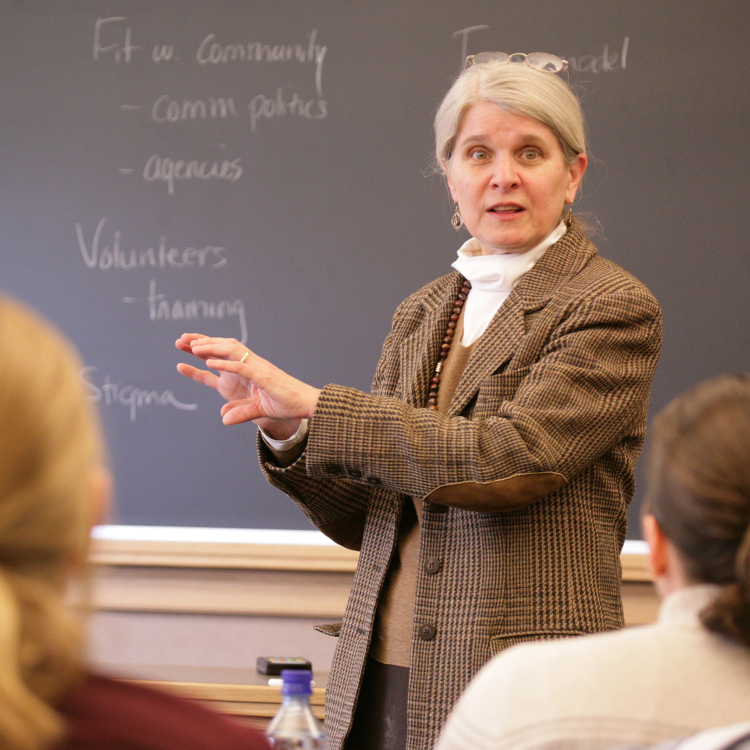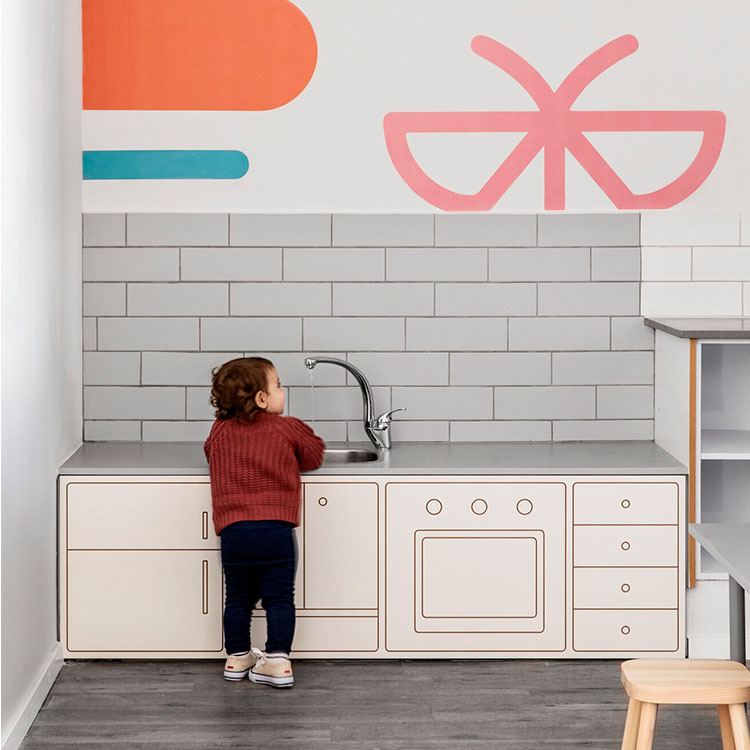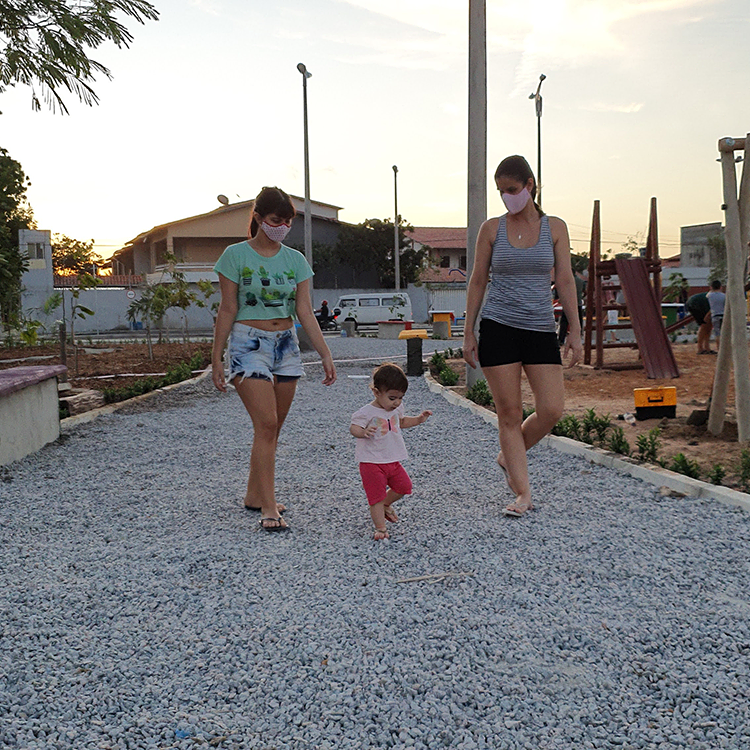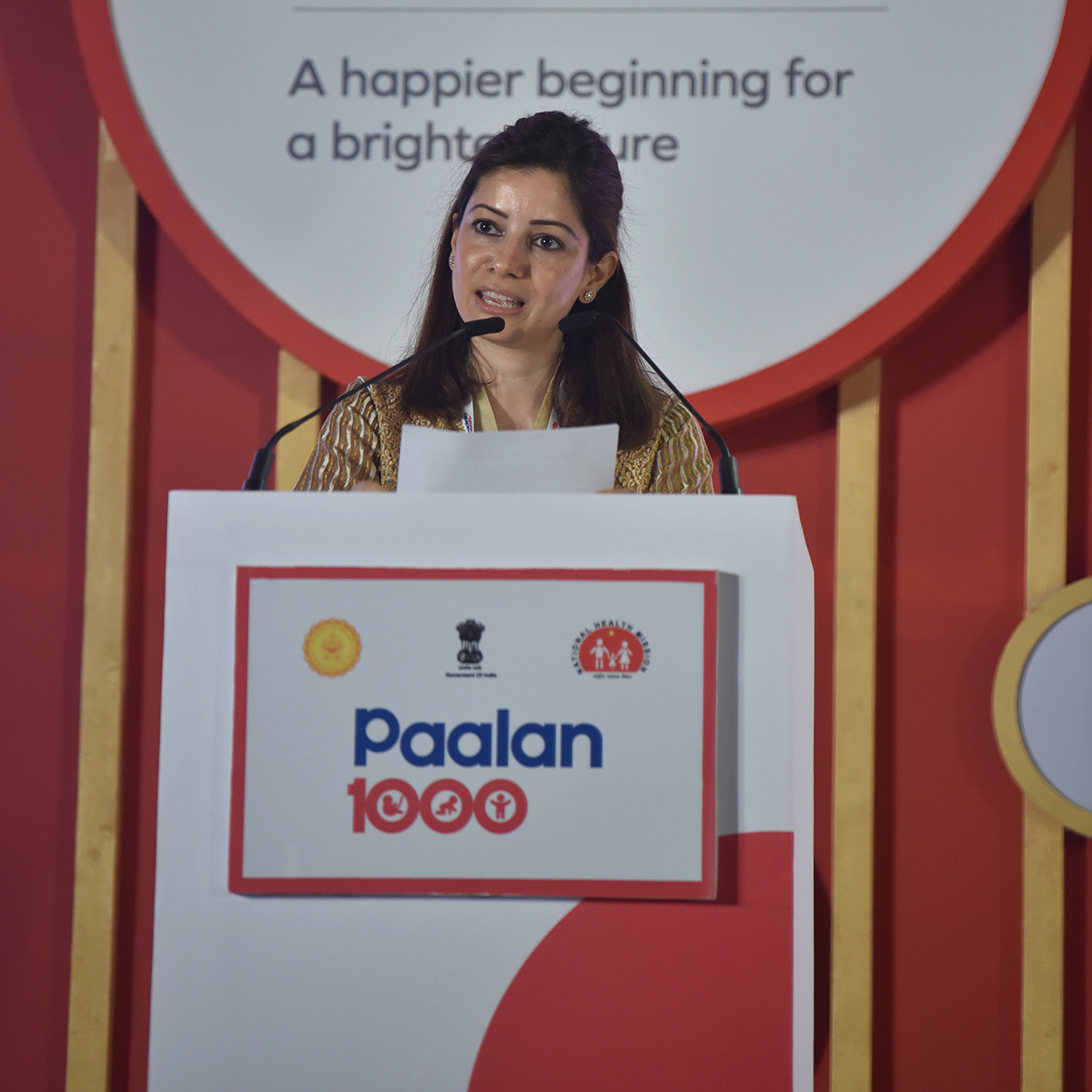In Jamaica, over 90% of 3-5 year olds regularly play, read, or sing songs with an adult in their household and over 80% of them have access to pre-school, sowing the seeds for better performance in school, and better health and wellbeing in later life. In nearby Honduras, less than half of young children regularly engage with adults in this way, and only one in five go to pre-school. What would it take to bring quality early childhood services to many more kids? More and more countries are investing in programmes for healthy child development, but rolling them out at scale is proving a challenge across the board, especially to the poorest and hardest to reach.
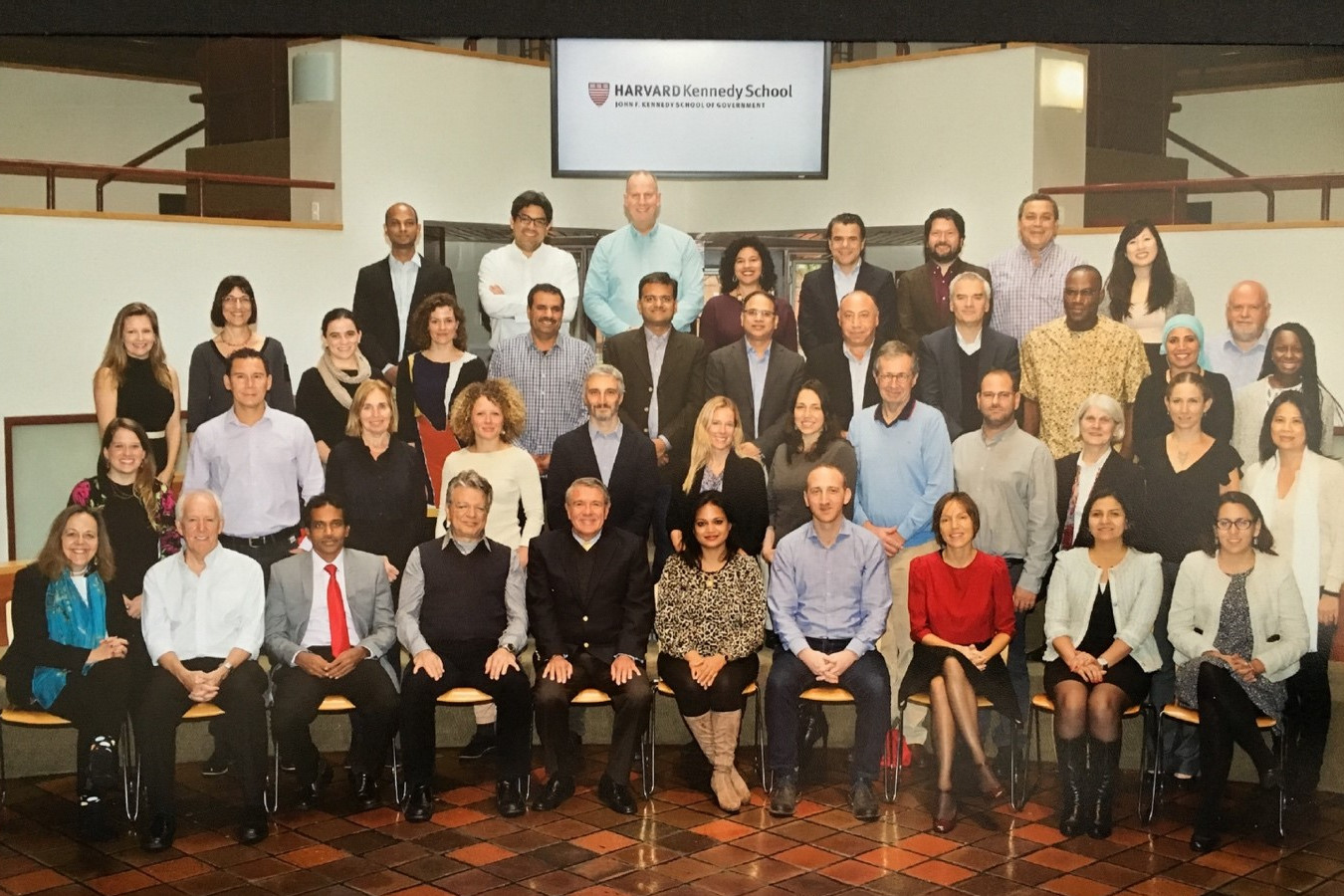
Last month, 39 people from all corners of the world pressed pause on their daily activities for a week, and made their way to Cambridge on the east coast of the US to take part in the first executive education course on ‘Leading & Scaling Early Childhood Initiatives.’ Prepared by the Harvard Kennedy School with support from the Bernard van Leer Foundation, the course is designed to equip participants with the leadership, strategic thinking and other skills needed to bring initiatives focused on early childhood to scale. NGO, foundation, public- and private-sector representatives involved in programmes focused on young children and their parents in Peru, India, Côte d’Ivoire, Israel and The Netherlands, as well as a number of Bernard van Leer Foundation staff, enthusiastically took part in over 20 study groups and lectures delivered by Harvard faculty.
The course, which will be held every year for five years, fits with the Foundation’s goal to develop and share knowledge and solutions for young children, in particular to enable implementation at scale. Recognising that many initiatives struggle to move beyond the pilot or project stage, while at the same time seeing a growing appetite on the part of governments and other institutions to make large investments in the early years, means that now is the right time to ask the question what it really takes to deliver quality early childhood services to the many thousands of families who would benefit from them.
From early in the morning, we explored strategic tools and theoretical concepts and discussed them in the context of Harvard’s famous ‘cases’. Content was organised around five themes: evidence, strategy, leadership, implementation and scale. In the afternoons, each country group gathered to apply the learnings of the day to the specific initiative they are working on – whether it is reaching at-risk pregnant women in disadvantaged areas of the city of Rotterdam, the Netherlands, or integrating parenting education into existing healthcare, childcare, farming or other services in cocoa-growing communities in Côte d’Ivoire. We knew the material struck a chord when we realised that some groups continued work during, and even after, dinner!
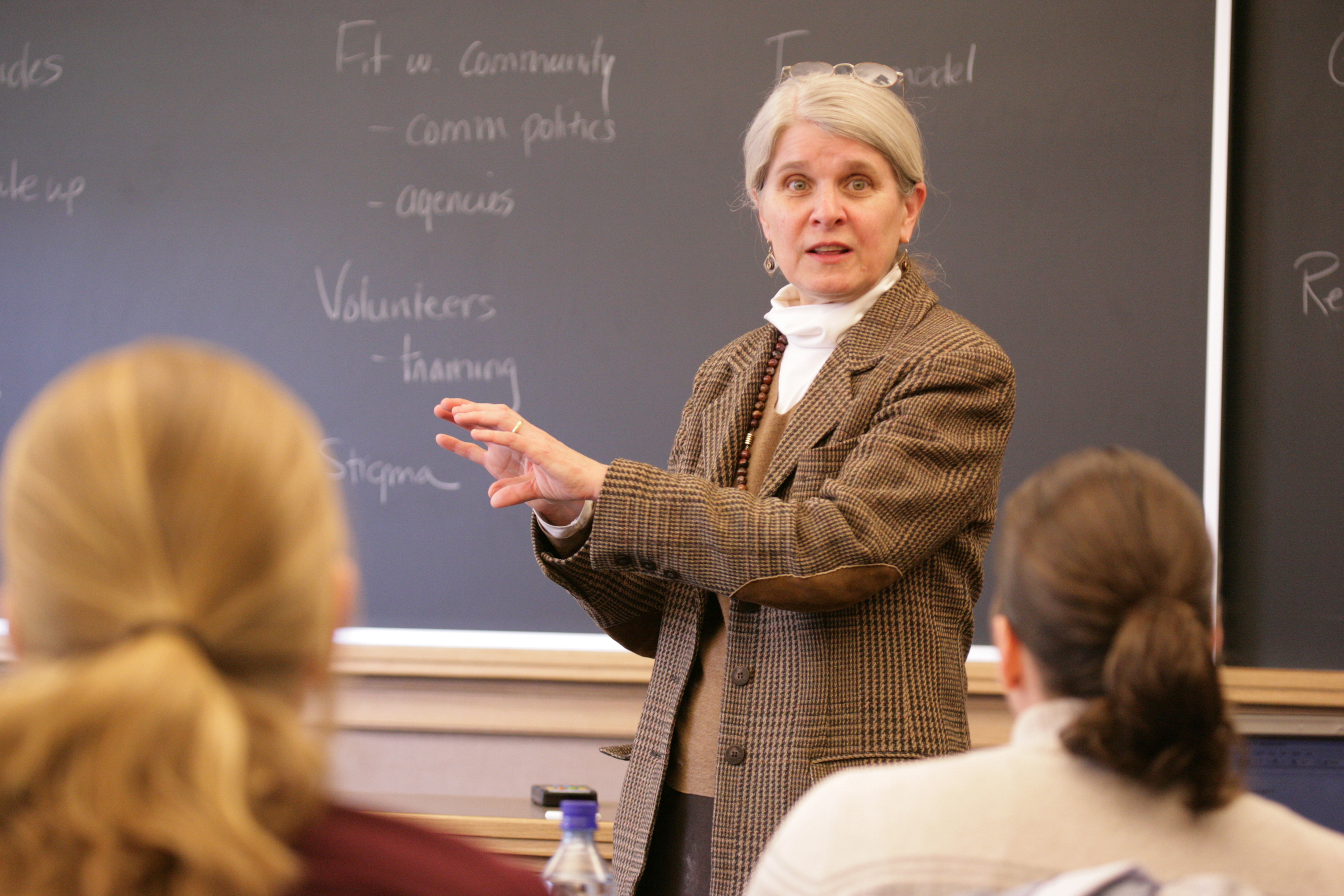
So, what does it take to go to scale? We have more to learn, but one thing we know is that it takes at a minimum very good organisation: an excellent understanding of what you are trying to scale, what elements of an existing model are crucial versus which may be adaptable, what to assess at what moment in time to know whether it is working, who needs to be involved and how to engage these people, and what your role can be in making things happen. Essentially, as a starting point, it requires formulating answers to some pretty basic questions.
Some focused time needs to go into formulating these answers. However, more often than not, we are motivated and become absorbed by the day-to-day running of a programme, while assuming there is agreement among partners about the answers to these basic questions. “We kind of already know the answers to these questions, right?” was a comment made before my first country working group session, but already in the first 15 minutes it turned out we all had answers, but they did not align.
The course provided food for thought, introduced useful tools and frameworks, gave an opportunity to connect with other professionals in the field in a fun way, and – crucially – it provided time. The time to sit together throughout a whole week, and start defining answers to some important questions for scale.
The Harvard programme is one of several building blocks the Bernard van Leer Foundation is developing to support those on the journey to take quality services to more children. The experience of the first year proved it to be a valuable way of leveraging insights and expertise. But scaleing up knows no magic bullets, and it is not something we can ‘crack’ in a week-long course. We will thus continue to support our partners on an ongoing basis by connecting them with knowledge, expertise and other resources to help them take programmes to scale.
In the coming months, we will start the planning for the next edition of the Harvard course. Based on the experience of the first year, we will be thinking about any adjustments we want to make to the programme, and who might benefit from forming part of the class of 2017. For more information, keep an eye on our website, or get in touch.
References:
UNICEF, Early Childhood Development: A Statistical Snapshot – Building Better Brains and Sustainable Outcomes for Children, September 2014. http://data.unicef.org/resources/ecdbrochure_2014.html#sthash.WAFOnB05.dpuf
